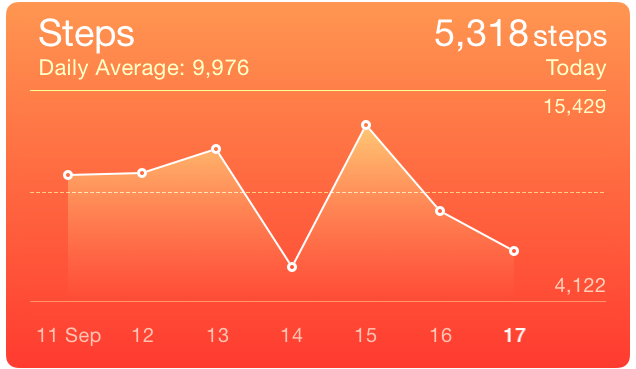The HealthKit service has begun testing in a number of top US hospitals. The aim is to monitor patient data so that an intervention can be made before a health issue becomes dangerous.
Ultimately, this would save both hospitals and patients money, and it conforms to the new US Government guidelines which dictate that hospitals will be penalized for repeat-admissions.
By monitoring patients’ weight, blood pressure, heart rate and other factors, the hospital has access to a wealth of data that simply isn’t available during the brief window of a patient’s admission to the facility. IDC Health Insights, an industry researcher, predicts that 70% of healthcare organizations will invest in the technology by 2018.
Skeptical
Some healthcare professionals remain skeptical. William Hanson, chief medical information officer at the University of Pennsylvania Health System, expressed his concern: “This is a whole new data source that we don’t understand the integrity of yet.”
It’s up to hospitals to decide whether or not a large amount of data taken in a less accurate way is worth the investment compared with current systems of health measurement.
Common standards
Google and Samsung are also in talks with hospitals, which is a double-edged sword. On one hand, the hospital gets access to far more data as healthcare data is collected from a larger overall portion of the market.
The problem is that getting Google, Samsung and Apple to share assets and cooperate in this area could prove tricky. Experts say there is a need for common standards to ensure that all data gathered in this way can be accessed easily.
One would hope that when it comes to healthcare and wellbeing that all three companies would put aside differences and work together. Only time will tell.

